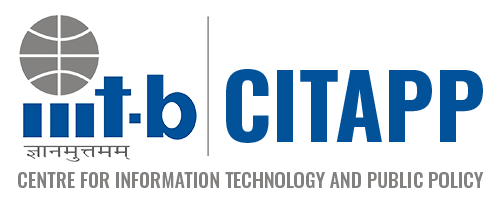Washington DC, 14 & 15 October, 2024,
Powered by advances in artificial intelligence, digital platforms have emerged as ubiquitous infrastructure to constitute contemporary political-economy in at least two ways. Firstly, they represent a new business model, in the form of “online marketplaces that involve at least three parties where the platform provider serves as an intermediary coordinating supply and demand sides of the other two parties”.[1] Secondly, the rapidly growing platform economy offers work opportunities which fall into two categories. [2] One is employment i.e, when a person is hired by the platform for its operations, with a legally-defined employment relationship. This category constitutes a tiny fraction of those hired. By contrast, the vast majority of hires perform platform-mediated individual ‘gigs’ or tasks, and are categorized as self-employed or independent contractors with few legal protections.
While gig work offers economic opportunities for many who may have few alternatives, and platforms project themselves as “a revolution in labour markets, able to help lift people out of poverty,” [3] the ILO takes a dimmer view. It does not term gig work as decent work, or “work that is productive; ensures equality of opportunity and treatment for all women and men; delivers a fair income, security in the workplace and social protection for families; provides prospects for personal development; and gives workers the freedom to express their concerns, organize and participate in decisions that affect their working lives.” [4]
The workshop was hosted by Balaji Parthasarathy, the Principal Investigator of the Fairwork India project. Over the past six years, the project has examined the experiences of gig workers to ask if it is possible for technology-mediated gig work to be more decent or fair. To trigger a discussion among participants about gig work in their own countries, the session will relied on Fairwork principles of pay, conditions, contracts, management (human and algorithmic), and representation, to explore how the harsh conditions of gig work, on the publicly-accessible but privately-owned platforms, can be mitigated through policy and technology design.
To enable participants to ‘experience’ gig work, the session will rely on the board game Gig Lane developed by the Fairwork India research team which is based at CITAPP. To play the game, please click here.
For instructions on how to play the game, please see the following files:
- How to Play
- Worker Event Cards
- Platform Event Cards
- Customer Event Cards
- Worker Questions
- Platform Questions
- Customer Questions
- Regulator Questions

